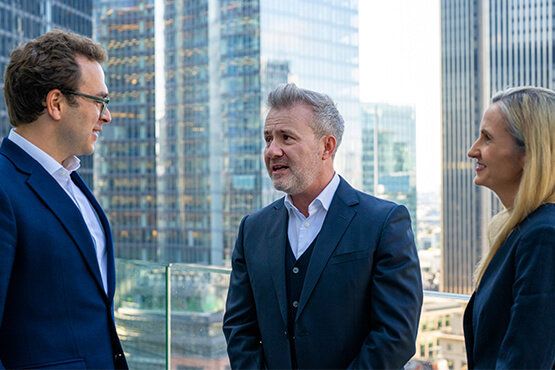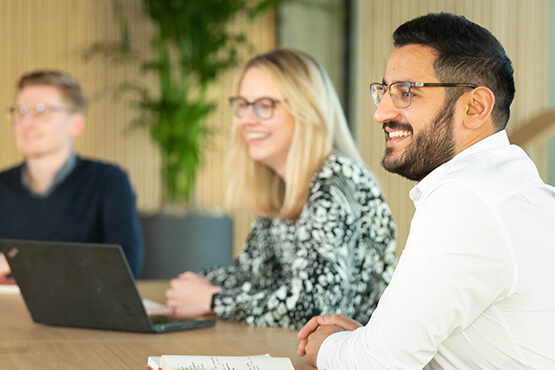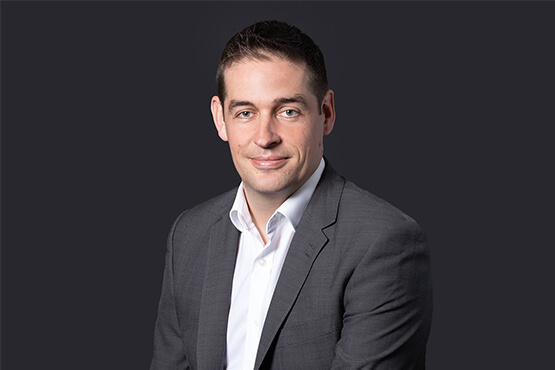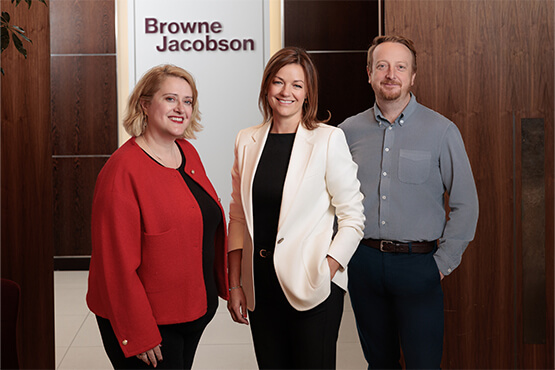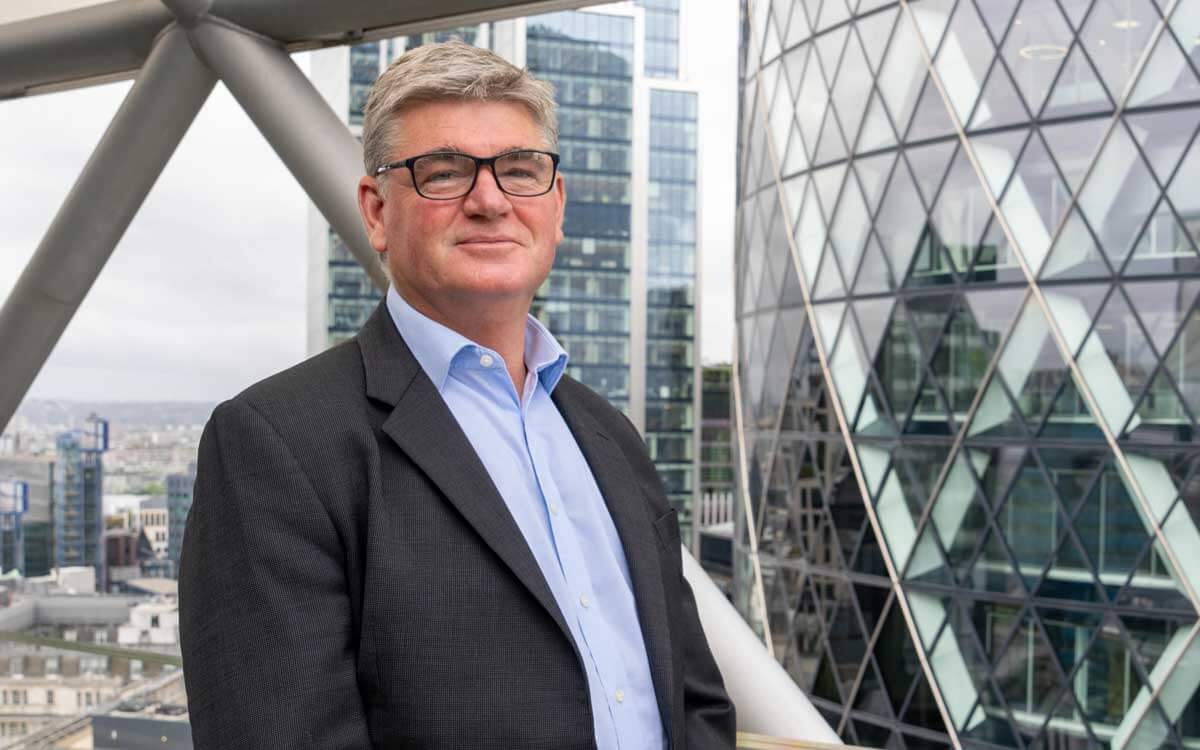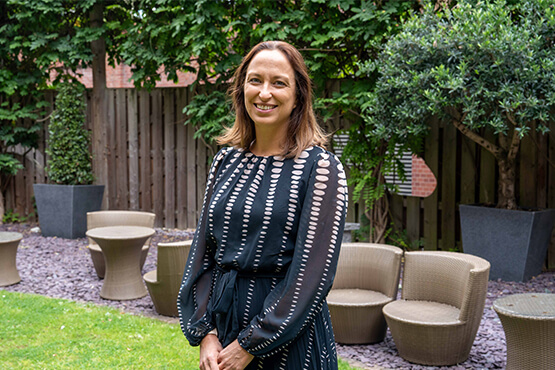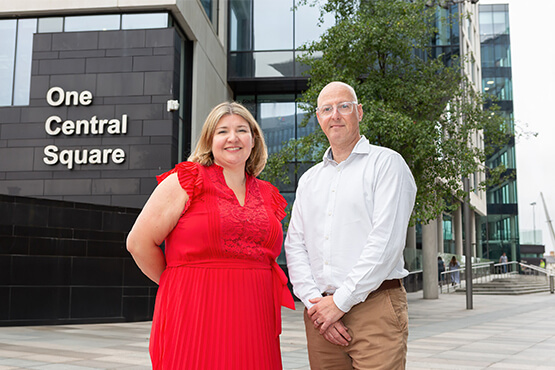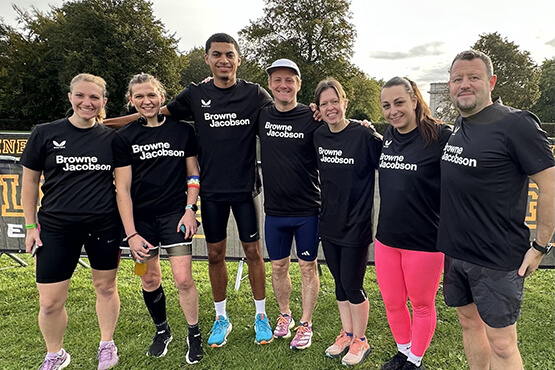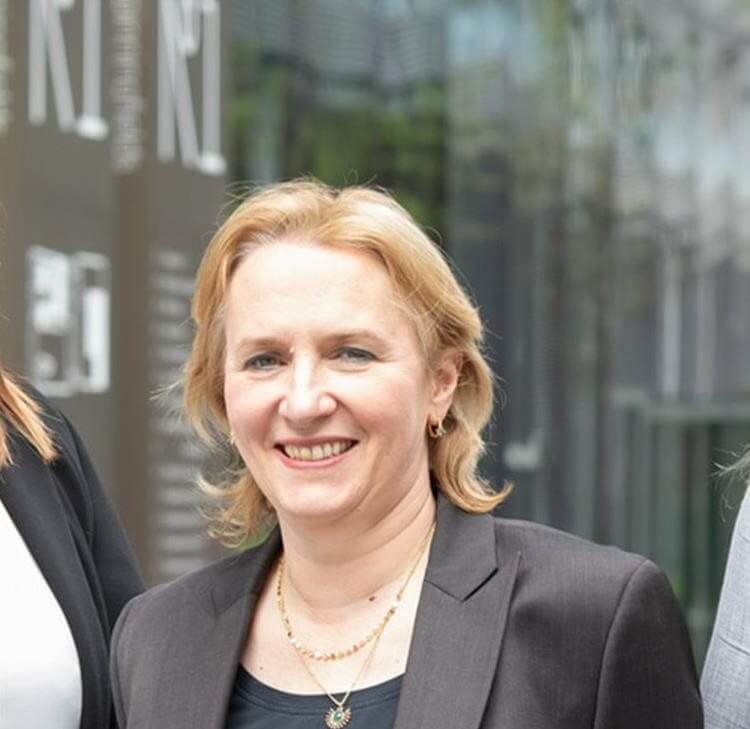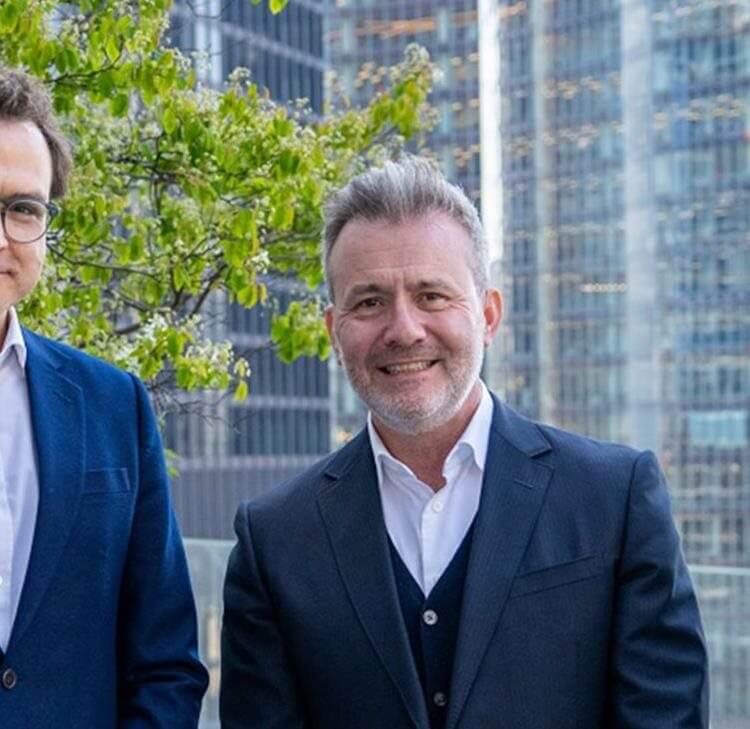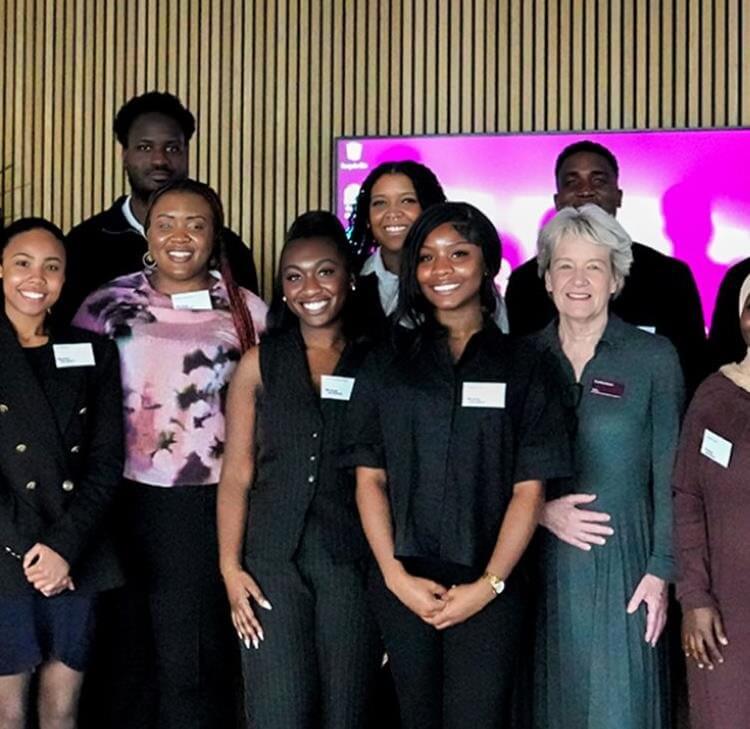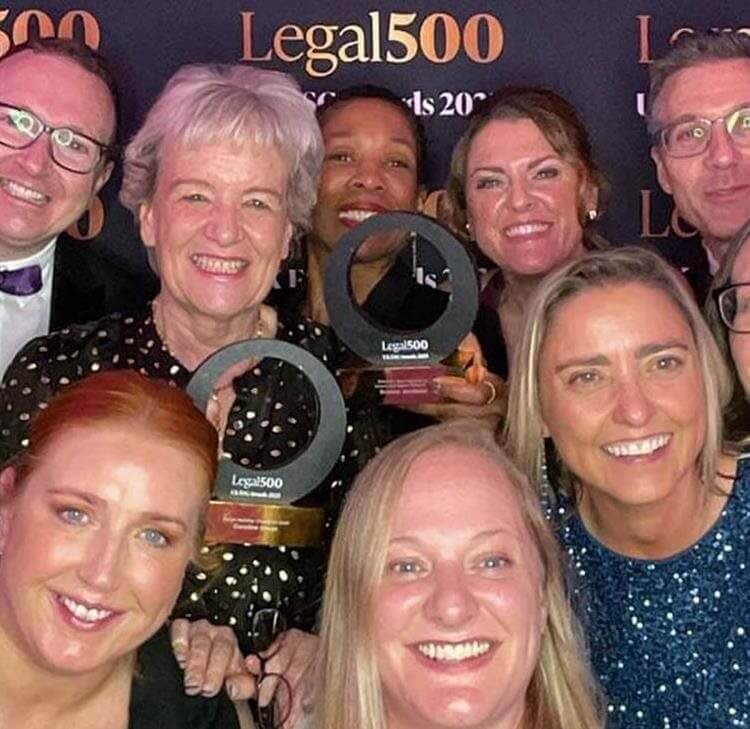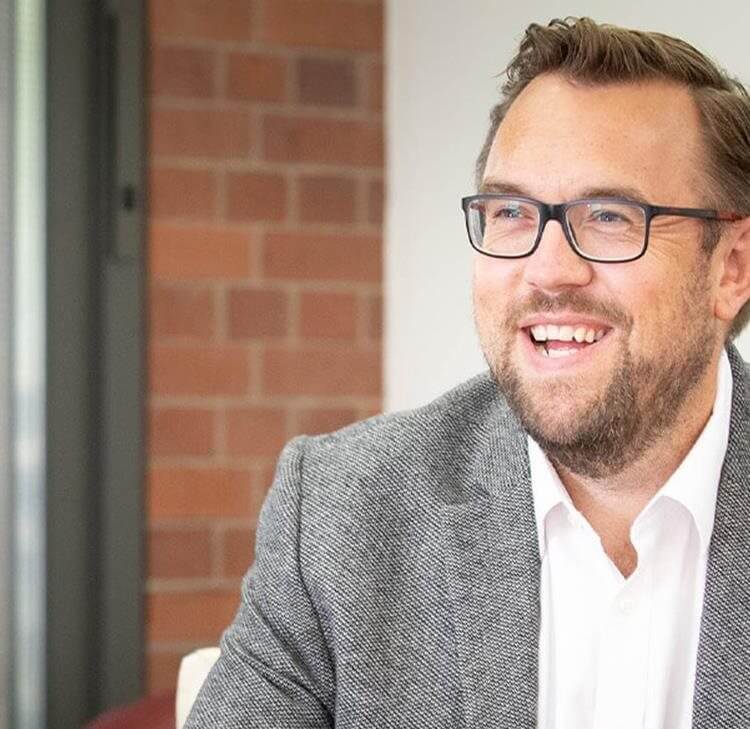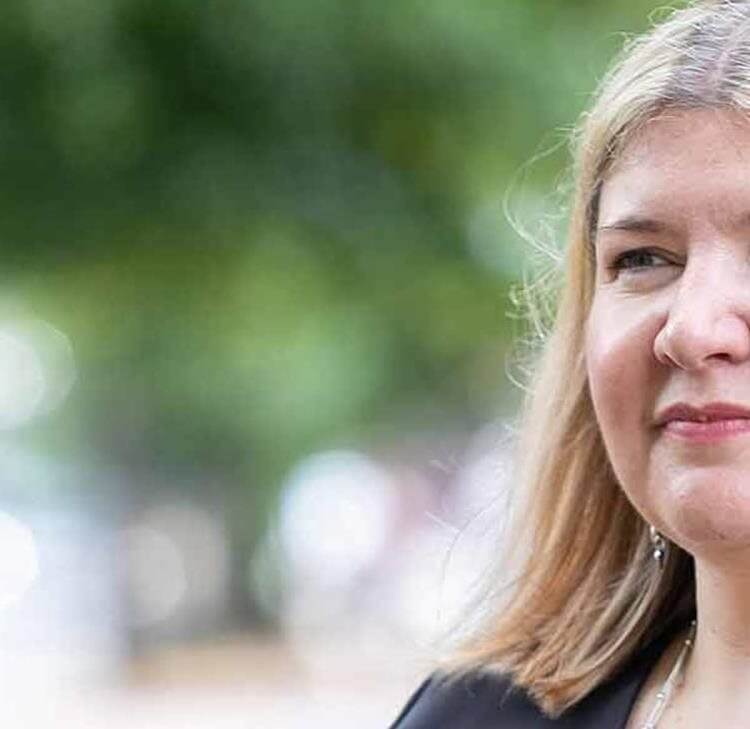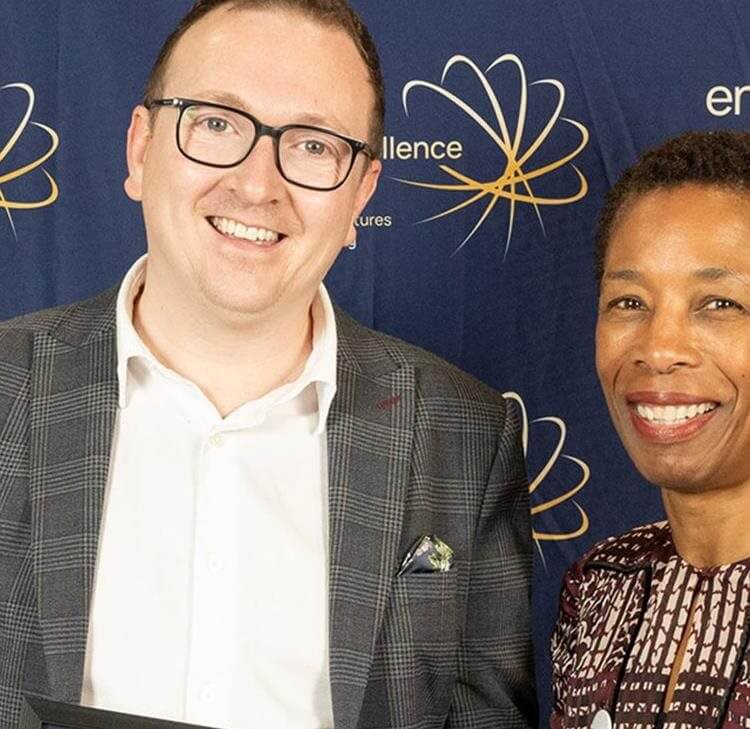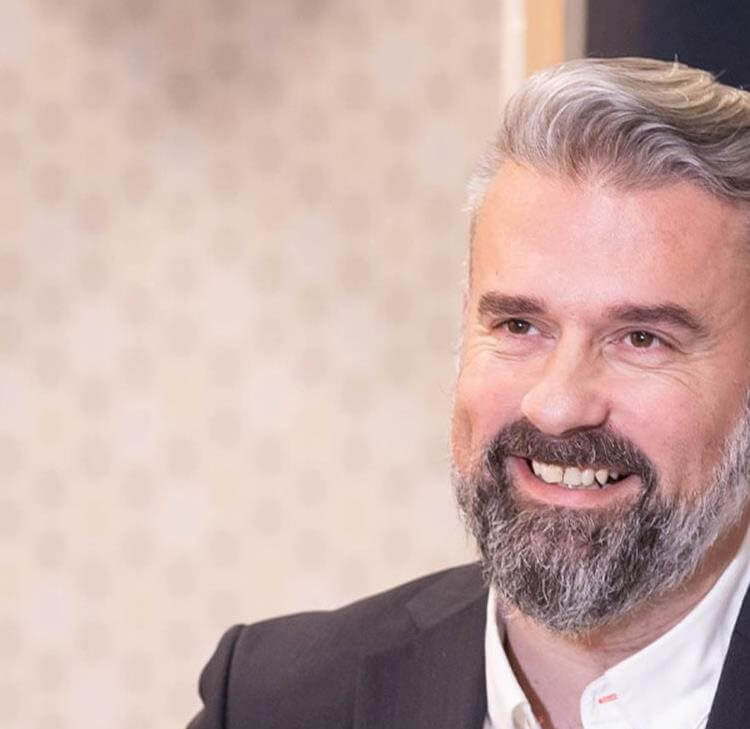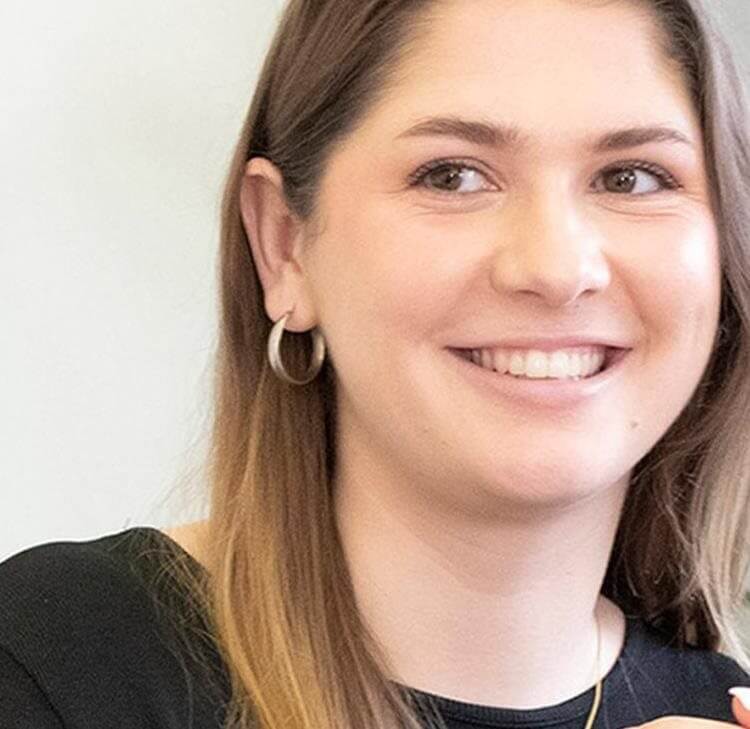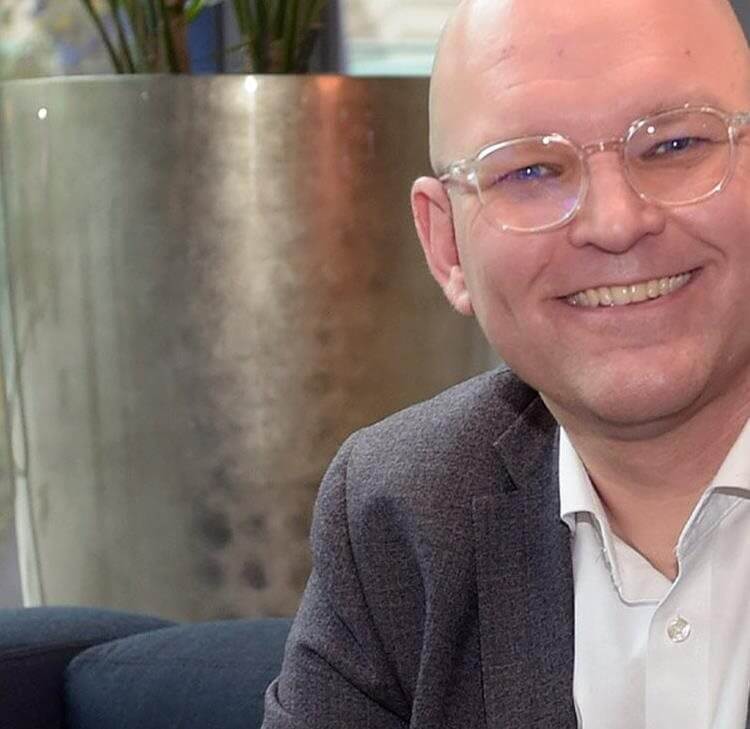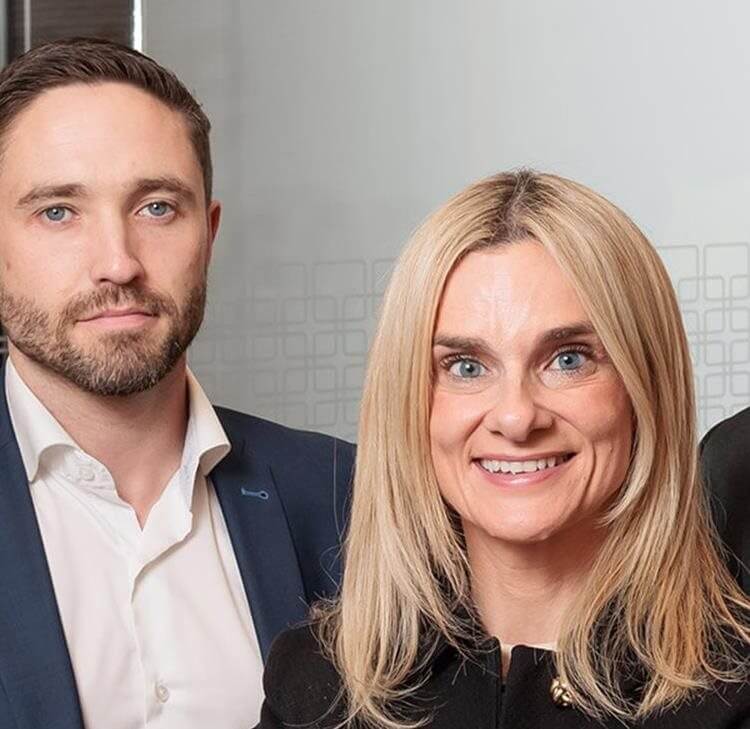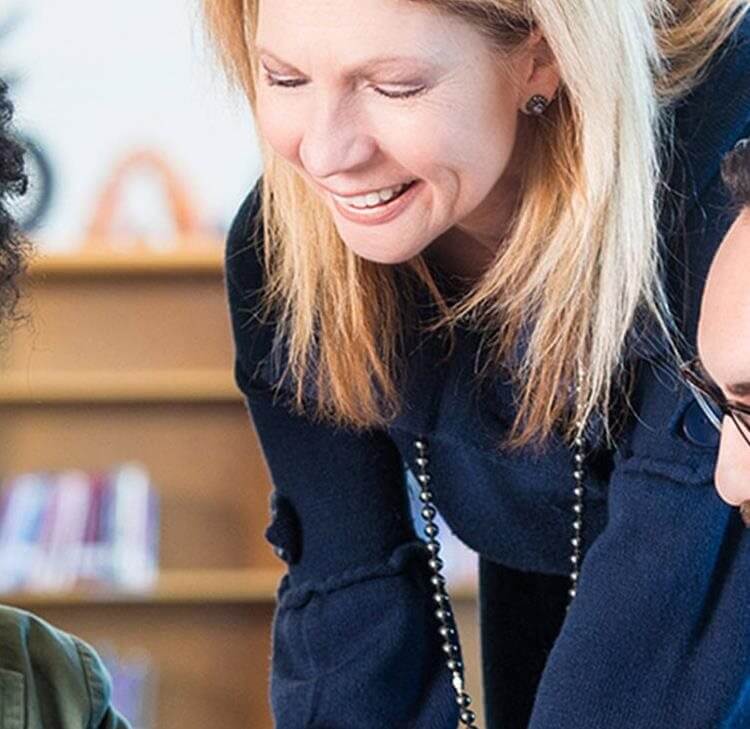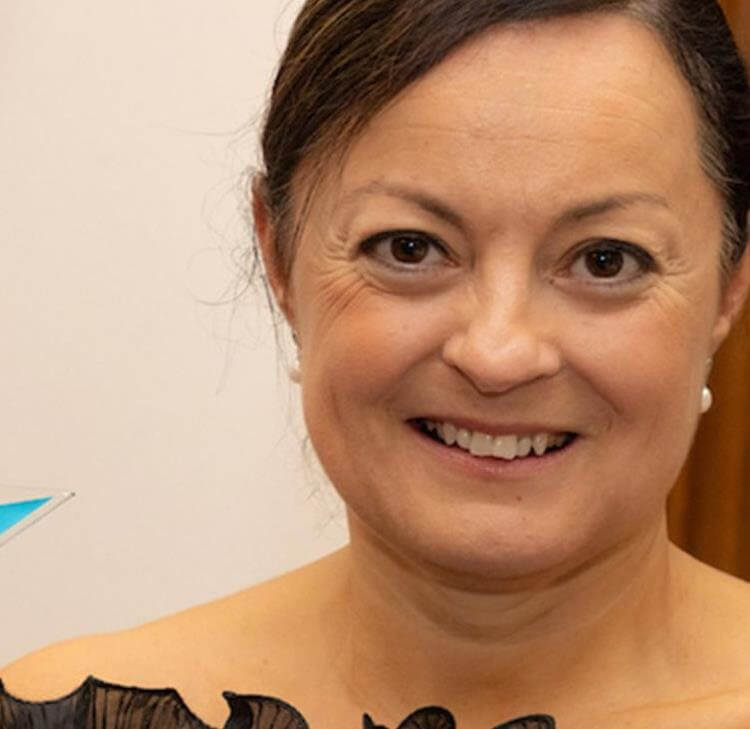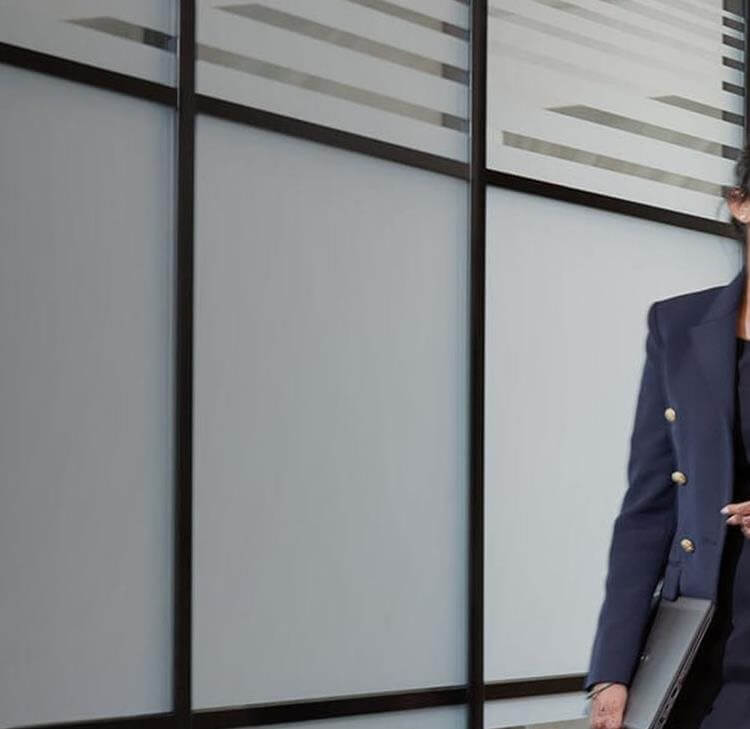This week we sat down with our Senior Partner Caroline Green, Browne Jacobson’s first female Senior Partner and one of the longest serving partners at the firm, to discuss social mobility and the importance of creating a culture of diversity, equity and inclusion.
As Browne Jacobson’s first female senior partner, how have you seen attitudes to diversity, equity and inclusion change since you started your career?
It has changed radically. When I went to university there was an even split between male and female students, but by law school two thirds of students were men, and by the time I entered the profession as a trainee solicitor, I saw very few women. Today, there are more women coming into the legal profession than men, so it is a very different feel.
Looking back, in my early career, exclusion was common and it would generally be because people hadn’t thought about it or faced the situation before. For example, when I started my career in Nottingham, it was common for corporate entertainment to involve going to a social club which did not permit female members, so women were not allowed in unless they were the guest of a man. It might sound incredible now, but I would have to point out to my partners that this automatically excluded me.
When I became Senior Partner, I put diversity, equity and inclusion at the forefront of my manifesto. My message was simple – that I wanted everyone at Browne Jacobson to be able to thrive and succeed. I am incredibly proud of the enormous changes we have made since then and how we have done things that have made a difference. For the last two years running we have come first in the Social Mobility Index – this is both a consequence of and a symbol of our focus on this issue. I really believe other organisations can and should do the same. Every workplace should be diverse and inclusive and all organisations should be making efforts to achieve this.
"The legal profession needs a variety of skills. If everyone comes from the same background, with the same experiences and skillset, we won’t be representative of society and we won’t be able to provide the best service to our clients.”
What challenges remain in diversity, equity and inclusion across the legal sector?
We’ve made progress, but there is still a long way to go across a range of issues. While there is more balance in gender coming into the profession, we still don’t have enough women in leadership positions. The pandemic put a spotlight on the gender imbalances at home which can prevent women from progressing at work. In my view, the only way to change this is to make interventions. This does not mean restrictions on recruiting male colleagues or anything like that, but working to develop female talent.
For example, we signed up to the Women in Law pledge because as a firm we wanted to make a public statement of support for gender equality. We hear so many stories for example of men applying for jobs if they meet some of the criteria, whilst female candidates won’t apply unless they meet all the listed requirements. What we’re trying to do is help women to overcome this lack of confidence to put themselves forward. It’s about making changes and recognising that not everybody starts from the same place. We have to make sure young female lawyers develop the skills and understanding that is needed to progress.
What role do senior leaders play in implementing these kind of initiatives within firms and creating an inclusive culture?
To change the culture of an organisation you have to lead by example. When I became Senior Partner, I communicated to the whole firm that diversity, equity and inclusion and #BKND (being kind) were firmwide priorities, not just an HR responsibility. I wanted people to treat others as they would like to be treated themselves and as a leadership team, we made these priorities a core plank of our strategy.
Browne Jacobson’s culture has always been brilliant, but I didn’t want us to be complacent. There’s always room for improvement – we have to keep educating ourselves and the best way to do this is to listen. Throughout the pandemic we conducted fortnightly surveys of our people to understand their concerns. Richard Medd and I read every single survey response together with our People Director Declan Vaughan and then took steps to address the common issues, whether it related to equipment or mental health support or other things that would make people’s working lives easier.
Things that might seem small can go a long way to creating an inclusive culture. For example, ensuring our sports and social committee organises social events that are genuinely inclusive, such as not always involving alcohol, because this automatically excludes a number of members of your population and we want everyone to feel able to attend. I am particularly proud that since 2019 we have created dedicated groups within the firm including REACH, PRIDE, Disability and Long-term Conditions, Social Mobility, Gender, and Parents and Working Families. These are communities that offer people a space to share stories and talk about specific issues that affect them, and to benefit from the support of others with similar experiences.
Social mobility is a cornerstone of Browne Jacobson’s inclusion strategy. Why is increasing social mobility and access to careers in law so important?
The legal profession needs a variety of skills. If everyone comes from the same background, with the same experiences and skillset, we won’t be representative of society and we won’t be able to provide the best service to our clients. Diversity also means diversity of ideas, which needs diversity of people. If you don’t have this in your team, you lose valuable perspectives.
It is also a matter of fairness – why should somebody be held back because they don’t have the right qualifications? At Browne Jacobson we strive to get the broadest recruitment pool possible, and we know that academic qualifications are not necessarily an indication of how able you are. We removed our ABB and 2:1 requirements over six years ago, and we’re now seeing more organisations following in our footsteps. This step has made a huge difference in our recruitment and it’s something we’re all really proud of. Six years on we now have much greater racial ethnicity among our population of junior lawyers coming through, but we’re also getting broader perspectives. The trainees we’re recruiting are incredibly passionate about the law and their careers, they get outstanding reviews and they’re doing an excellent job.
What advice would you give to people about to embark on a career in law?
To give everything a chance. I benefitted hugely from having a flexible attitude as a trainee solicitor. Very often trainees come into the job thinking they want to be a particular type of lawyer and if you do that, you miss out on learning a range of things. It’s important to try everything and give it your best shot.
It’s also important to think strategically about your career – what you want and what you can do to make that happen. I would also encourage them to see learning as a life-long process that should be a priority throughout your career. It’s easy to think that when you become a partner you have arrived, but it is so important that we continue to educate ourselves, not just as lawyers, but in terms of what else is happening. We want to be at the forefront of society’s biggest issues, and you can only do that if you continue to educate yourself.
As one of the firm's longest serving partners, what does Being Browne Jacobson mean to you?
When I joined the firm, I actually thought it would be a temporary move, but over 30 years later I’m still here! I realised early on that I could not find a better place to work. I was promoted to partner when I was only 29 and the firm’s first female partner, because the firm was prepared to invest in me and help me develop my skills – this is why I stayed. I still believe Browne Jacobson is a brilliant place to work and to me it feels like family, despite the fact that we are now over 1,000 people. I love the firm and our lawyers and I want to do everything I can to ensure their success.
Key contact

Caroline Green
Senior Partner
caroline.green@brownejacobson.com
+44 (0)20 7337 1026








